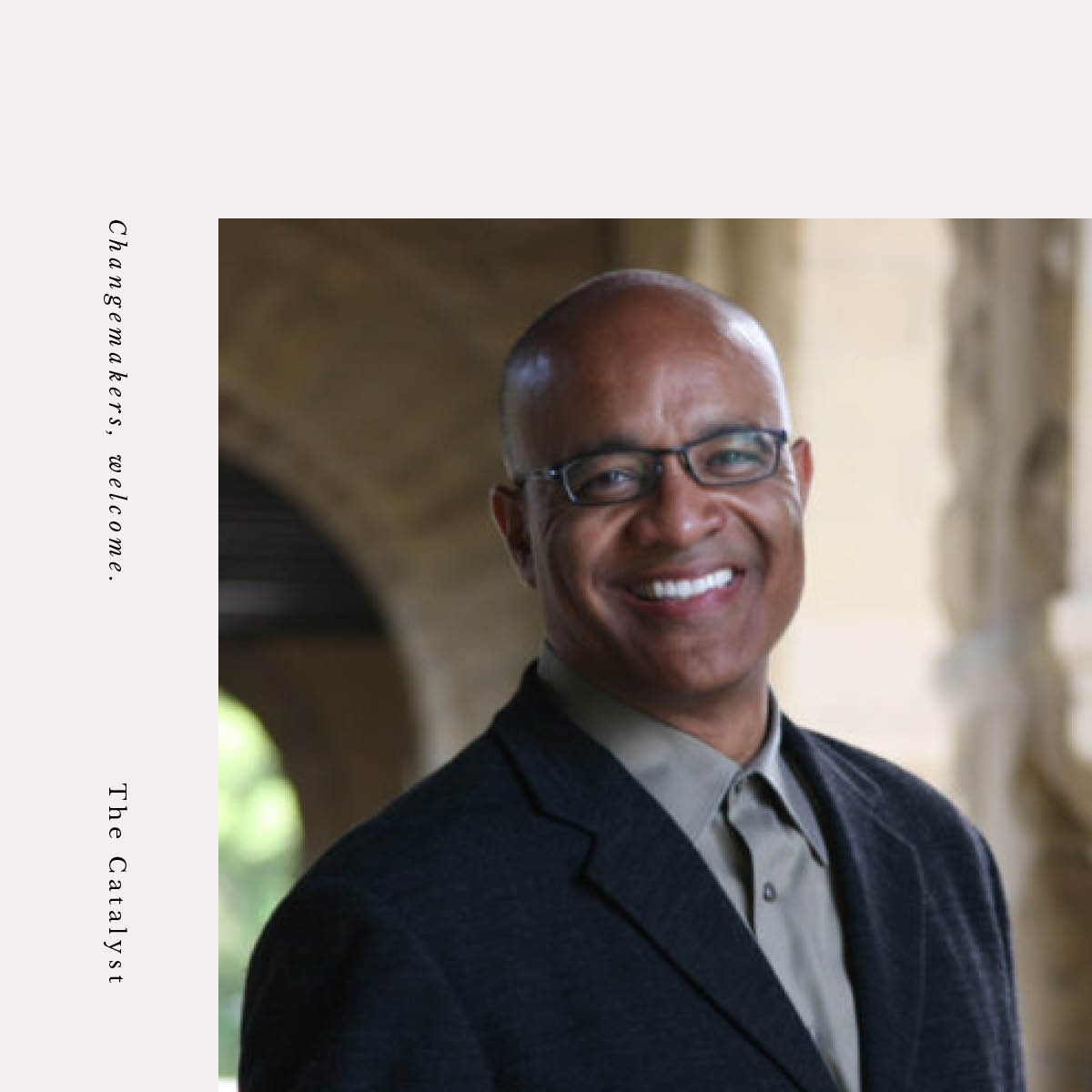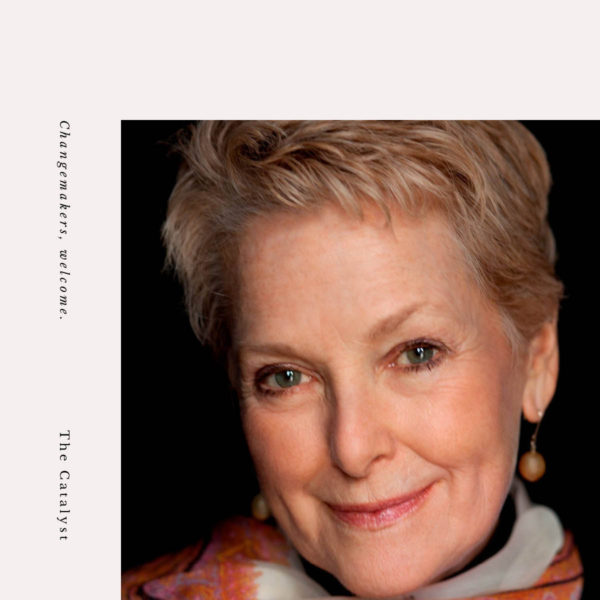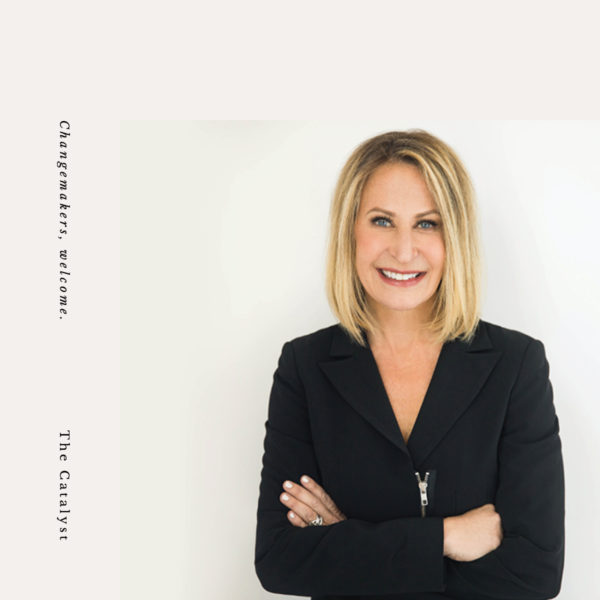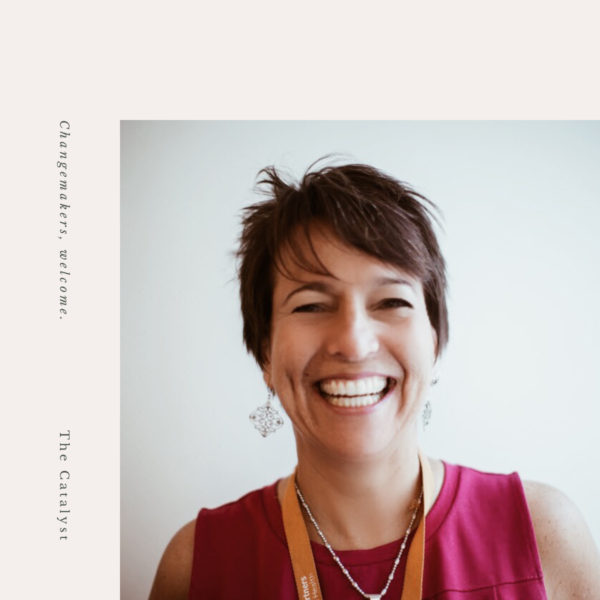
Before The World Ended, I took a course on the economic life of women which demonstrated to me that, historically, marriage has been an economic booster for all parties involved but especially for women (many reasons for this but consider the system of primogeniture as well as the cultural and economic consequences of patriarchy and their adverse effects on the economic lives of women). Curious to discover how this economic booster functioned contemporarily for black women in the United States, my research and final paper led me to one Ralph Richard Banks—a professor at Stanford Law School and the author of a rather controversial (for that time, and perhaps even for our current times) book on the African American marriage decline.
“Is Marriage For White People?: How the African American Marriage Decline Affects Everyone” is set among a broader trend of marriage decline overall in the United States, but acutely focuses on how this decline impacts the black community and African American women in particularly. Although this book, and trend, may seem niche (to some) as it localizes itself around one community, it’s often been the case that what impacts Black Americans will inevitably go on to impact all Americans—particularly white Americans. Case in point, Professor Scott Galloway of NYU recently wrote in his No Mercy, No Malice newsletter a post which discussed how the disparity in college enrollments (60% women, 40% men) may negatively impact mating and dating (for all parties involved but men, principally) in the future as women won’t pair up with men who have lower or dissimilar educational attainment as them. As many have noted, we are, indeed, in an era of associative mating and opposites don’t attract.
That is, until, we examine marriage trends within the African American community. Professor Banks touches upon many interesting dynamics but the most interesting ones, from my perspective, are (1) African American women choosing partners who are not as “educationally-yolked” as them and (2) the hesitation among African American women to not only date, but marry outside of their race. These are fascinating dyanmics—ones whose context need to be fully examined against the backdrop of our nation’s history and culture—and Professor Banks breaks it down not only in his book, but in Episode 010 of The Catalyst as well.
One might wonder why the African American marriage decline is an important trend to note and the simple answer is that it is. The more involved answer is that the United States is a changing country and it’s on us, as informed citizens, to have a sense of how our country is shifting: as example, researchers credit assortative mating to the rise of income inequality in our country; households with breadwinning mothers are increasingly becoming the norm within the United States; due to historical and structural factors, the partners that African American women choose heavily impact their social mobility. When we consider income inequality in the United States, the ways in which it impacts all Americans, and what can be done to address income inequality, it helps to have an understanding of the full, nuanced picture.
As I love to mention, I am a big student of gratitude and it never escapes me that the Changemakers I’ve hosted on this platform (or I should say, the inspiring people who have agreed to be interviewed by me for The Catalyst) are incredibly busy individuals given their penchant for energizing, electrifying and encouraging impactful moments wherever they go. This episode of The Catalyst serves as a reminder, as all the episodes of The Catalyst do, that it’s an honor to have these Changemakers take me seriously enough to say “yes” for an interview and then be open enough to share their wisdom and personal truths with me and you, the Catalyst Community.
Episode 010 of The Catalyst can be listened to by playing the audio player located at the bottom of this post as well as on Apple Podcasts and Spotify. If you enjoyed the conversation with Professor Banks, let me know! I would love to hear from you, Changemakers, so share your comments below on this post or on The Catalyst’s Instagram and Twitter.




